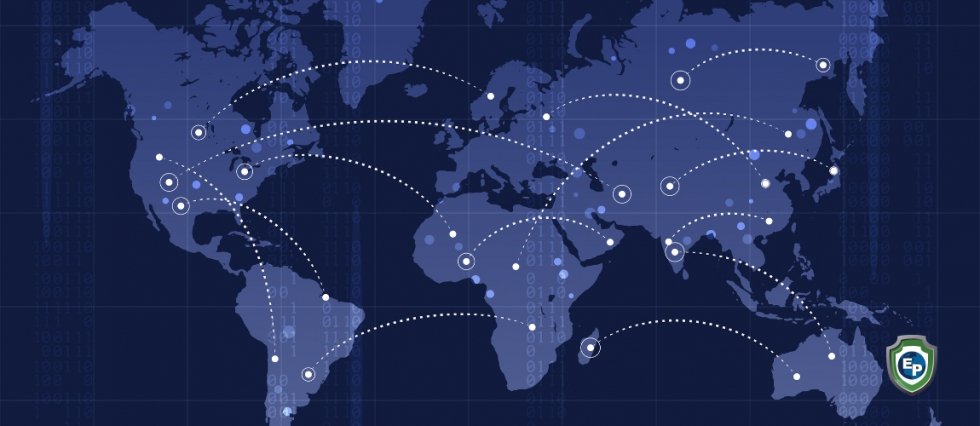SME's Challenges with cross border payments
Even in the 21st century, cross-border payments are still a challenge for most small and medium-sized enterprises (SMEs).

Even in the 21st century, cross-border payments are still a challenge for most small and medium-sized enterprises (SMEs). Banks usually don't provide the same quality of solutions to SMEs as to corporate clients because SMEs don't have enough transaction volumes for banks to deliver cost effective-payment services.
It's not that it wouldn't be possible to send money abroad, but the fees are high, and it often takes several days until the funds arrive. Small businesses are thus screaming for fewer intermediaries, transparent transaction times, and even more critical: reasonable fees.
High fees eat up SME's profit margins
Cross-border payments are not cheap, especially when making lots of small, frequent payments. Both currency fluctuation and transaction fees eat into profits. In particular, eCommerce businesses that operate cross-border suffer from these fees, as high fees make their products less competitive than domestic sellers.
Another issue is exchange rate fluctuations, especially when dealing with countries whose currencies are highly volatile. Also, many payment service providers, mainly if they advertise low fees, take a cut out of the exchange rate. As the exchange rate is often not transparent, SMEs may not even know the real costs of their payments.
Many Fintechs such as transferwise specialize in money transfers with much lower fees than traditional banks. But their offers are often geographically limited, and funds don't always enjoy the same regulatory protection as with High Street banks.

Slow transaction times can cause cashflow issues
International transactions can take several business days to arrive at their destination. In addition to poor payment practices of clients or big businesses, that can pose a severe challenge to small businesses. Cashflow issues are one of the top reasons why small businesses go bankrupt.
One way to deal with late payments is receivables financing. That means SMEs can get instant access to cash by borrowing against a due invoice. Once the payment has arrived, the SME can repay the loan. Of course, this sort of cash advance doesn't come for free.
Blockchain solutions can improve SMEs payment experience
One way how Export Portal is improving our users' payment experience is through our blockchain-secured platform. Buyers can transfer money to our escrow wallet, and it will automatically be released once the shipment was made. As the entire payment moves through our protected payment network, buyers enjoy maximum protection and transparency, and we help with the necessary documentation.
Operating on a secure and transparent blockchain platform makes Export Portal a comprehensive international trade hub for SMEs and their counterparts. Efficient, secure, and transparent payments are a vital part of our value—register for free today to gain access to simple, accessible international trade.






Comments 0